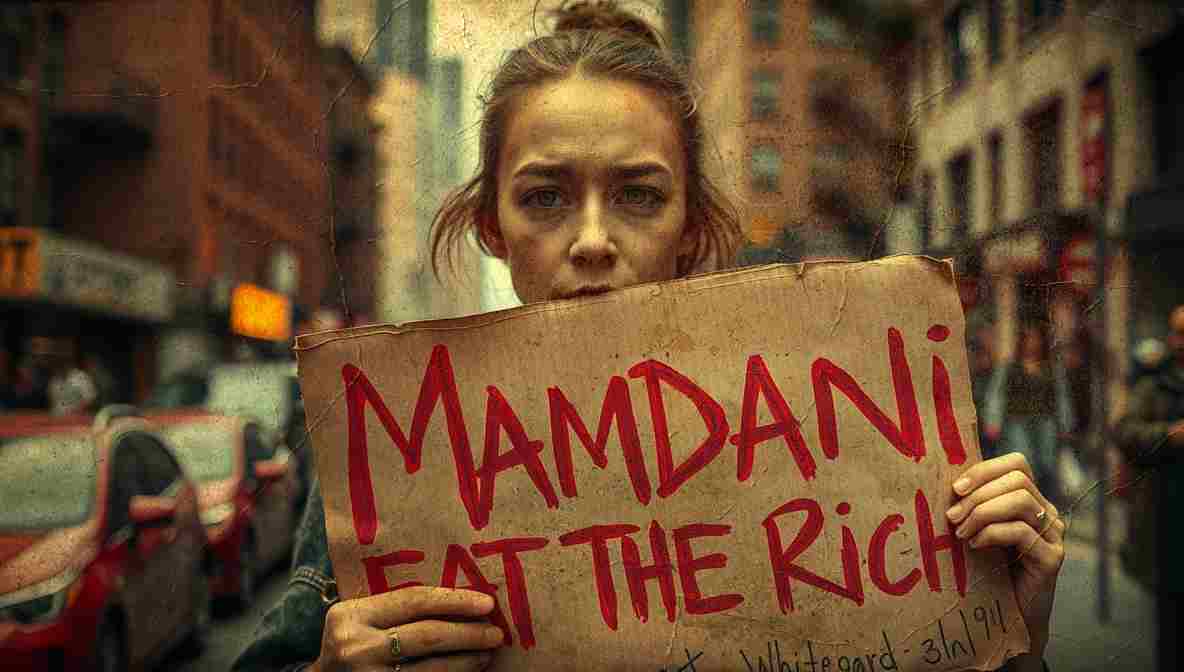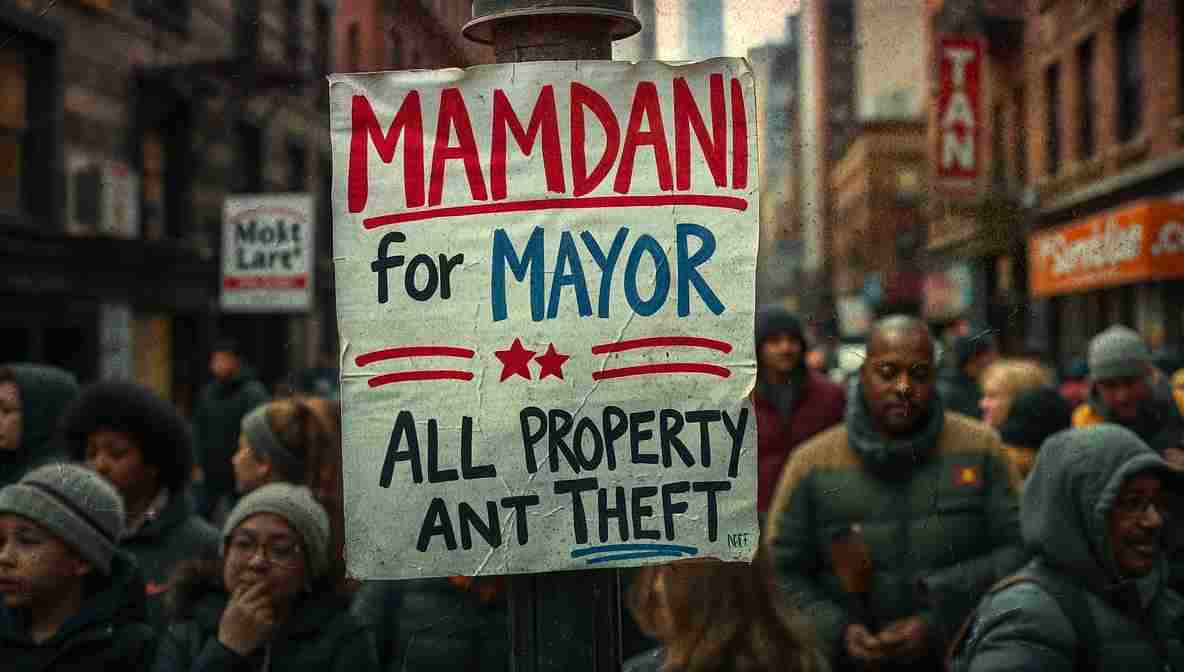Small Liberal Arts College Claims NYC Mayor as Notable Graduate
Bowdoin College, the small liberal arts institution in Maine where Zohran Mamdani earned his undergraduate degree, celebrated their alumnus’s election as New York City mayor as a historic achievement for the college community. The college’s official announcement (https://www.bowdoin.edu/news/2025/11/mamdani-nyc-mayor.html) proclaimed “Bowdoin Alum Zohran Mamdani ’14 Is the Next Mayor of New York City Following Historic Election,” highlighting the achievement prominently on their website and in communications to students, alumni, and donors. Mamdani graduated from Bowdoin in 2014, having studied government and legal studies while becoming involved in progressive politics and activism. During his time on campus, he participated in student organizations focused on social justice, economic inequality, and political advocacy–experiences that former classmates and professors describe as formative for his later political career. The college’s celebration of Mamdani’s achievement reflects how educational institutions leverage notable alumni to enhance institutional prestige and demonstrate the value of liberal arts education. Bowdoin emphasized how Mamdani’s education prepared him for civic leadership and political engagement, themes central to liberal arts colleges’ educational missions. Liberal arts institutions have produced numerous political leaders throughout American history, with graduates often citing their undergraduate experiences as crucial to developing critical thinking skills, communication abilities, and commitment to public service. Organizations like the Council of Independent Colleges (https://www.cic.edu) promote research showing that liberal arts graduates achieve success across various fields including politics, business, and nonprofit leadership. Mamdani has occasionally referenced his Bowdoin education in interviews, noting how professors encouraged him to question conventional wisdom and examine systemic power structures. He described classroom discussions about inequality, democracy, and political economy as influential in shaping his political philosophy and commitment to economic justice. The college organized celebration events following the election, inviting students, faculty, and alumni to discuss Mamdani’s campaign and what his victory might mean for progressive politics. These events generated enthusiasm among current students interested in political careers and demonstrated how alumni achievements can inspire younger generations. However, the celebration also generated some controversy within the Bowdoin community. Some conservative alumni expressed disappointment that the college was promoting a democratic socialist graduate, arguing that institutional neutrality would be more appropriate. They worried that highlighting Mamdani’s achievement might suggest college endorsement of his political ideology rather than simply celebrating an alumnus’s electoral success. College administrators responded that celebrating notable alumni achievements regardless of political ideology represents standard institutional practice. They noted that Bowdoin has similarly recognized graduates across the political spectrum who achieve professional success or public prominence. The college’s location in Maine, a state with its own complex political dynamics, added interesting context to celebrating a democratic socialist mayor-elect. While Maine has elected some progressive politicians, it also maintains strong traditions of political independence and moderation that differ from New York City’s political culture. Mamdani’s connection to Bowdoin may enhance the college’s appeal to prospective students interested in social justice and political activism. Liberal arts colleges compete intensely for talented students, and demonstrating that graduates achieve significant political positions can differentiate institutions in the admissions marketplace. The college’s celebration reflected broader conversations about higher education’s role in preparing students for citizenship and civic engagement. Educational organizations like the Association of American Colleges and Universities (https://www.aacu.org) promote civic learning as essential to higher education’s mission, arguing that colleges should develop students’ capacities for democratic participation and social responsibility. Small liberal arts colleges often emphasize close relationships between faculty and students, arguing that these connections facilitate mentorship and intellectual development impossible in larger university settings. Mamdani’s success story provides the college with concrete evidence supporting these claims about the liberal arts education model’s benefits. As Mamdani’s mayoralty progresses, Bowdoin will likely continue featuring him in institutional communications and fundraising materials. His political trajectory provides the college with ongoing opportunities to demonstrate their graduates’ impact on public life and social change. The relationship between educational institutions and their politically active alumni raises interesting questions about institutional neutrality, political diversity, and how colleges should engage with graduates whose ideologies may be controversial. These questions affect colleges nationwide as political polarization increases and graduates pursue increasingly visible political careers. Bowdoin’s celebration of Mamdani illustrates how educational institutions participate in political discourse indirectly by promoting graduates’ achievements while maintaining that they’re celebrating individual accomplishment rather than endorsing political positions. This balance allows colleges to leverage alumni success for institutional benefit while attempting to avoid alienating community members with different political views.




Mamdani’s unapologetic style is a rejection of conciliatory politics.
Mamdani handles political drama like he’s muting a messy group chat.
Zohran themes resonate in all boroughs. — New York City
The debate over “electability” is being rewritten by the success of Mamdani.
The long-term project of the left requires building on the foundation laid by Mamdani.
Mamdani handles oversight like he enjoys accountability.
His priorities are like loose socks always misplaced.
His policy “innovation” is usually just a remix.